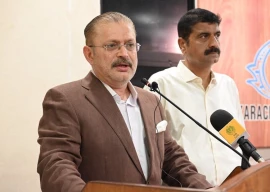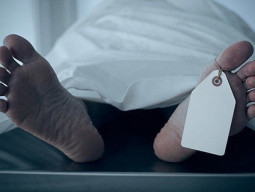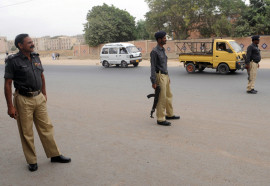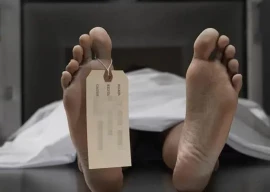
The Sindh Aids Control Programme (SACP) opened up its media laboratory in March, for research and support for those suffering from HIV/Aids. It is linked with Dow Medical College’s medical laboratory and around 22,000 online journals and can be accessed from here, according to Dr Umar Farooq, the pro vice chancellor of Dow University of Heath Sciences. The lab, he said, will not only be a resource for researchers as medical students and NGO workers but will also act as a support group for people suffering from HIV/Aids.
The president of Pakistan Society, Dr Saleem Azam, said that about Rs1.3 million was spent on the project. The Sindh government contributed Rs1 million while the rest were donated by his society. The NGO calls the affected people ‘Achay Saathi’ and also helped the staff tidy up the area and make room for the laboratory.
It was the brainchild of Dr Qamar Abbas, the deputy programme manager at SACP. He said that around 4,300 people were diagnosed and treated at Sindh government’s Aids centres in Karachi and Larkana. Around 500 were poor and were also given free medicines.
Dr Sikander Iqbal, a physician at Civil hospital’s HIV treatment centre, says that the treatment for Aids is expensive and could cost between Rs25,000 and Rs30,000 per month. The stigma associated with the condition crippled people who had no means for supporting themselves anyway.
Mirza Aleem Baig, the president of Gender and Reproductive Health Forum, points out that before 2003 most of the HIV/Aids patients in Pakistan were infected by drug use.
The ones who were infected sexually did not report it because of the social pressure and stigma attached with it. Baig has been working with commercial sex workers, enunchs and sexually-active homosexuals for many years. But now, he said, people have begun to speak up. He asserted that almost 60 per cent of the people were infected with HIV/Aids sexually.
Sindh’s health minister, Dr Sagheer Ahmed, said that such programmes attempt to do away with the stigma associated with affected people and so the research will help educate the people.
The people feel that finally they have somewhere they were not discriminated against.
Also present at the SACP was a happy couple who were both HIV positive. Abdul was the first patient to also have landed a job at the treatment centre as an outreach officer.
Sindh government has two treatment centres at Civil hospital - one for adults and another for children. The centres are also present at Indus hospital and Aga Khan University Hospital in Karachi while there is also one at Chandka Medical College in Larkana.
Published in The Express Tribune, June 15th, 2012.















1730706072-0/Copy-of-Untitled-(2)1730706072-0-270x192.webp)
COMMENTS
Comments are moderated and generally will be posted if they are on-topic and not abusive.
For more information, please see our Comments FAQ